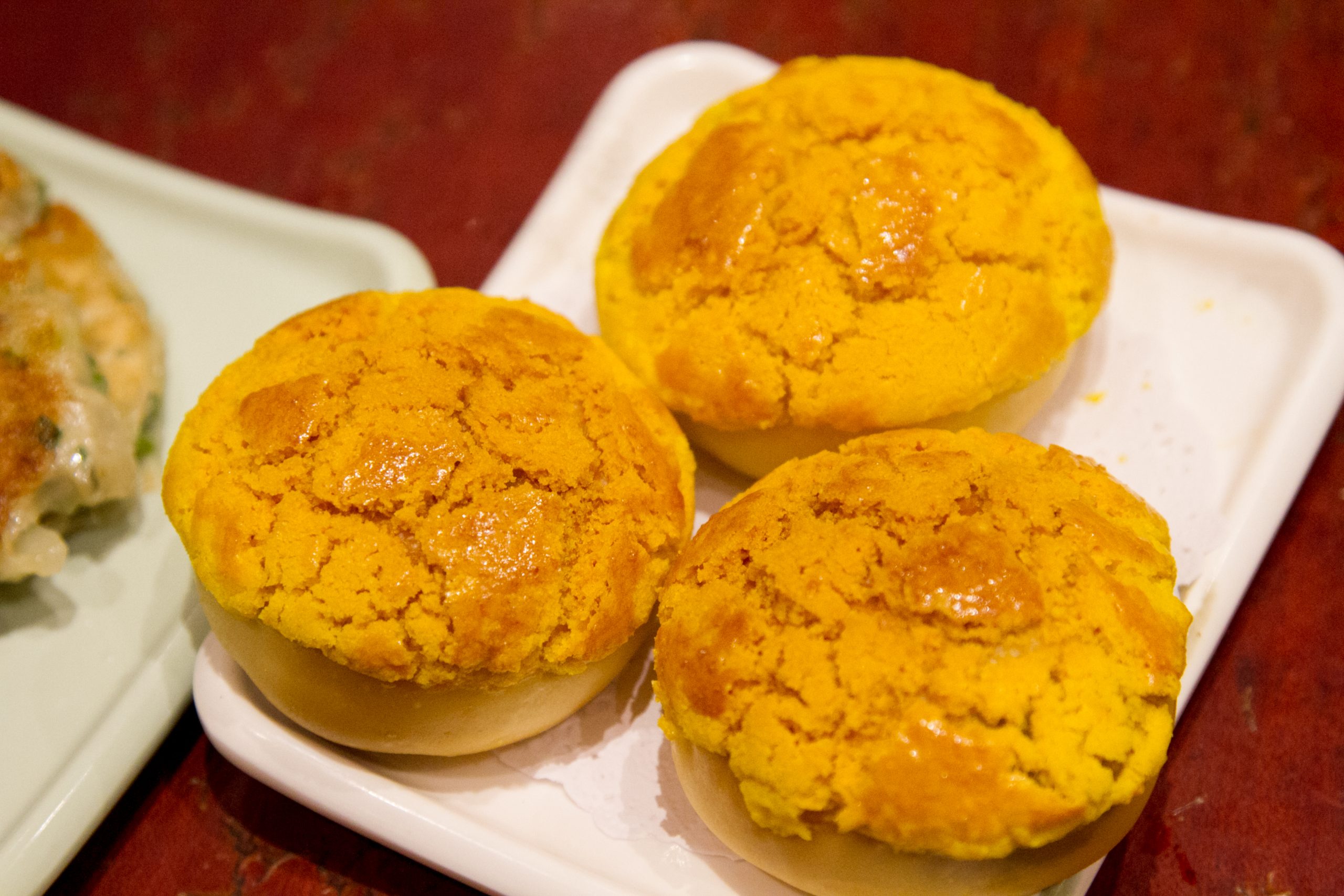Pastry-Making in China: An Art Form with a Long History and Cultural Importance
Chinese pastry-making is a centuries-old art form with cultural significance. The variety of pastries available in China is truly impressive, ranging from sweet mooncakes to savory pastry pockets. We will look at the various types of Chinese pastries, their cultural significance, and how to make them at home in this article.
The Various Types of Chinese Pastries
Chinese pastries come in a variety of shapes and sizes, with a variety of fillings and flavors. Mooncakes, pastry pockets, and baozi are all popular types of pastries.
Mooncakes are round pastries filled with sweet bean or lotus seed paste that are traditionally consumed during the Mid-Autumn Festival. Suzhou-style mooncakes, which originated in the eastern Chinese city of Suzhou, are known for their delicate crusts and intricate designs.
Pastry pockets (baozi or jiaozi) are small crescent-shaped pastries filled with meat or vegetables. Guangzhou-style pastry pockets, popular in Guangzhou’s southern city, are known for their fluffy, pillowy texture and savory fillings.
Steamed buns filled with meat or vegetables are known as baozi. They are frequently served as a street food or snack.
The Cultural Significance of Chinese Pastry-Making
Chinese pastries have a rich cultural history and are frequently associated with celebrations and festivals. Mooncakes, for example, are commonly consumed during the Mid-Autumn Festival, which commemorates the autumn harvest and the full moon. Pastry pockets are frequently served at weddings and other important events because they are believed to bring good luck and prosperity.
Certain pastries have symbolic meanings as well. For example, the round shape of mooncakes represents unity, while the red color of some pastry pockets represents good fortune.
Pastry-making is an important part of Chinese culture because it reflects the country’s history and traditions. The art of pastry-making has, in fact, been passed down through generations, with each region of China having its own distinct style and techniques.
Making Your Own Chinese Pastries
If you want to try your hand at making Chinese pastries at home, there are a few things you should know. To begin, it is critical to use the proper type of flour for the pastry dough. For mooncakes, for example, glutinous rice flour is commonly used, whereas all-purpose flour is more commonly used for pastry pockets.

Following that, you must master the rolling and folding techniques for pastry pockets. Rolling out the dough and cutting it into circles, filling the circles with the desired filling, and then folding and sealing the edges to form the crescent shape are the steps involved.
If you’re looking for recipe inspiration, there are plenty of sweet and savory options available. Sweet bean paste and lotus seed paste mooncakes are always popular, and savory vegetable-filled pastry pockets make an excellent snack or appetizer. You can also play around with different ingredients and flavors to create your own one-of-a-kind pastries.
Conclusion
Chinese pastry-making is a centuries-old art form with cultural significance. There are a variety of pastries to explore and enjoy, ranging from sweet mooncakes to savory pastry pockets. There is something for everyone to discover, whether you want to try your hand at making Chinese pastries at home or seek out authentic pastries on your travels to China.
Finally, Chinese pastry making is an enthralling aspect of Chinese culture that reflects the country’s rich history and traditions. There is much to learn and appreciate about this art form, from the symbolism behind certain pastries to the unique flavors and techniques used in their creation. So, why not make some Chinese pastries at home or seek out authentic pastries on your next trip to China? In any case, you’ll be delighted by the delectable and culturally significant world of Chinese pastry-making.
Further reading and references
- “Mooncakes: A Delicious and Symbolic Treat from China” (https://www.thoughtco.com/mooncakes-a-delicious-and-symbolic-treat-from-china-1968665) – This article provides a detailed history of mooncakes and their cultural significance in China.
- “The Art of Chinese Pastry-Making: A Brief Overview” (https://www.chinahighlights.com/travelguide/culture/chinese-pastry-making.htm) – This article offers an overview of the history and cultural significance of Chinese pastry-making, as well as some tips for making Chinese pastries at home.
- “Chinese Pastry Recipes: How to Make Chinese Pastries at Home” (https://www.thespruceeats.com/chinese-pastry-recipes-4684685) – This webpage provides a collection of recipes for popular Chinese pastries, including mooncakes, pastry pockets, and baozi.
- “Chinese Pastry: A Guide to the Different Types and Their Cultural Significance” (https://www.culturetrip.com/asia/china/articles/chinese-pastry-a-guide-to-the-different-types-and-their-cultural-significance/) – This article provides a comprehensive guide to the different types of Chinese pastries and their cultural significance.





I may buy some rice flour and try to make some moon cakes!